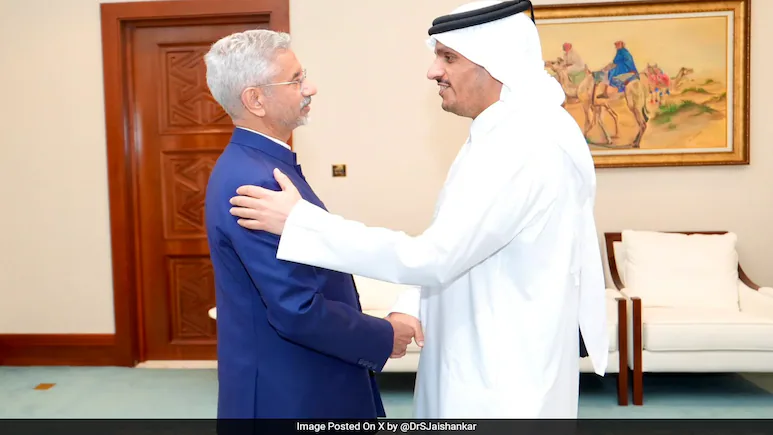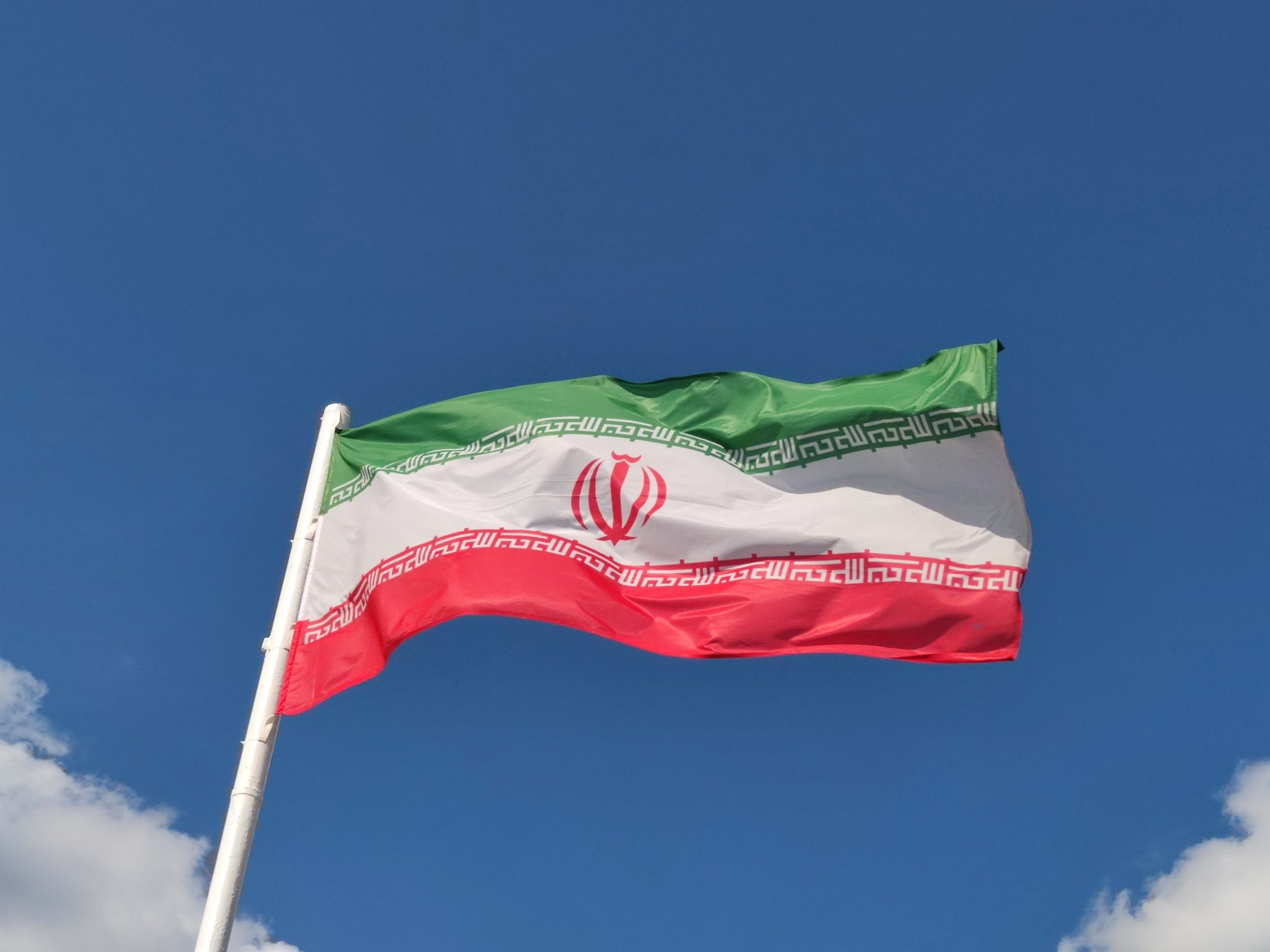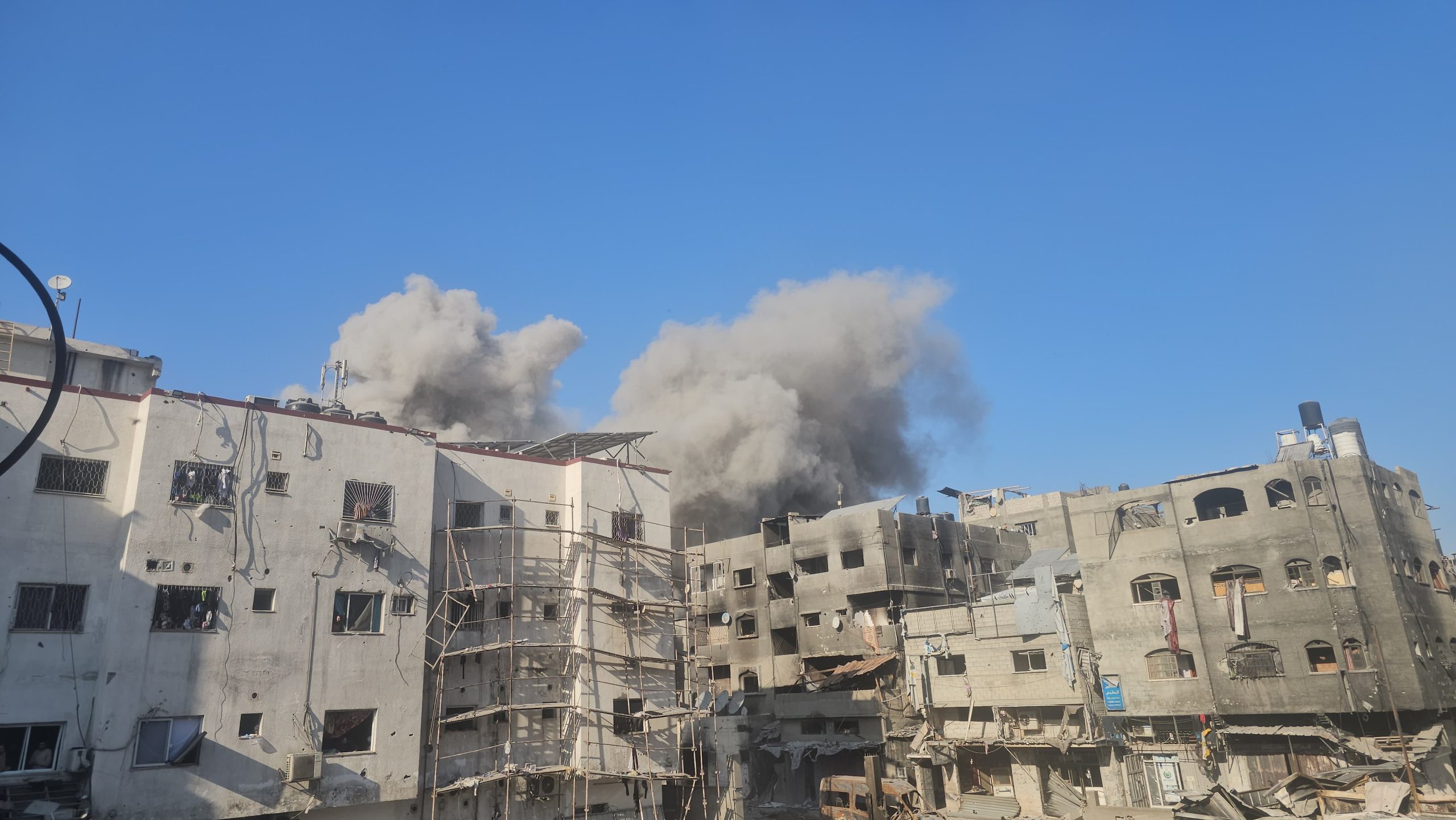The 2022 Education Under Attack report said there were 5,000 attacks on education and incidences of military use of schools and universities globally in 2021 and 2022.
Sheikha Moza bint Nasser delivered a powerful speech in France on Friday to mark the UN’s International Day to Protect Education from Attack.
The UN day was first inaugurated on 9 September, 2019 after the UN General Assembly unanimously passed a Qatari-proposed resolution 74/275 to dedicate the date as an opportunity to address the threats on global access to education.
Sheikha Moza, chairperson of Education Above All Foundation (EAAF) had led the initiative to mobilise international support to ensure accountability for the ongoing attacks on education and armed violence against children around the world.
“Last week, children returned to school, but around the world millions of children did not…millions where school buildings were destroyed, or damaged, or occupied by soldiers. Millions who do not have access to education because of conflict,” said Sheikha Moza.
Double standards
During her speech, Sheikha Moza, a pioneer in education in Qatar, addressed the double standards in ensuring equal access to education in conflict-ridden zones and among children in disadvantaged communities.
“I have wondered if conflict in the global north would push those in power to understand the reality that is faced by real people in war zones. Would it make them empathise? Would it force them to act?” said Sheikha Moza.
The Qatari royal noted that 2020 saw a one third increase in the number of attacks on education in comparison to 2019, a figure that has remained high in 2021.
“All indications suggest that in 2022 they’ll continue to rise. Yemen, Ukraine, Palestine, Somalia, Ethiopia, Nigerian—in countries too many to list,” said Sheikha Moza.
She added that with the war occurring in Europe itself, there has been action in ensuring the protection of children and their access to education.
“While the world has leaped to provide for some refugees elsewhere, the children of conflict are unseen and ignored. Education is the very weapon these children can use to overcome the challenges they face,” said Sheikha Moza.
Commenting on the double standards approach by the international community in protecting global access to education, Sheikha Moza stressed that “no child is more worthy than any other.”
“We, the international community, are failing and we must do more. We must bring all that we have to this problem, our collective minds, our creativity, our expertise, and the will to succeed. We cannot remain numb to the destruction around us,” she said.
The 2022 Education Under Attack report said there were 5,000 attacks on education and incidences of military use of schools and universities globally in 2021 and 2022.
Out of the 28 countries profiled, Palestine was ranked as one of three countries most affected by attacks on schools, as it continues to struggle under the ongoing Israeli occupation. The two other countries are Mali and the Democratic Republic of the Congo.
“These students and teachers are not simply statistics in the newspaper. They are people, real people who deserve to learn and live and laugh,” said Sheikha Moza.
The EAA chairperson added: “Those who would prevent them from doing so, those who would destroy education, they are real people too. They are organisations, they are militias, they are states—they are criminals.”
Meanwhile, the Global Coalition to Protect Education from Attack also reported that 9,000 students and educators were harmed in 85 countries.
“We, the international community, are failing and we must do more. We must bring all that we have to this problem, our collective minds, our creativity, our expertise, and the will to succeed. We cannot remain numb to the destruction around us,” said Sheikha Moza.
Commenting on the lack of action, Sheikha Moza called on the international community to offer a similar response to the impact of Covid-19 on education, as it mobilised a quick response to ensure schools continue under what became known as “the new normal.”
“Why are we not responding now with solutions to another great crisis? The crisis of attacks on education.”
Under Sheikha Moza’s leadership in the education sector, Qatar has for years rallied to shed the spotlight on children in conflict zones, advocating for their right for peace and education.
This year’s events focuses on the need to strengthen prevention mechanisms, protect vulnerable populations and enhance accountability mechanisms and access to justice.







